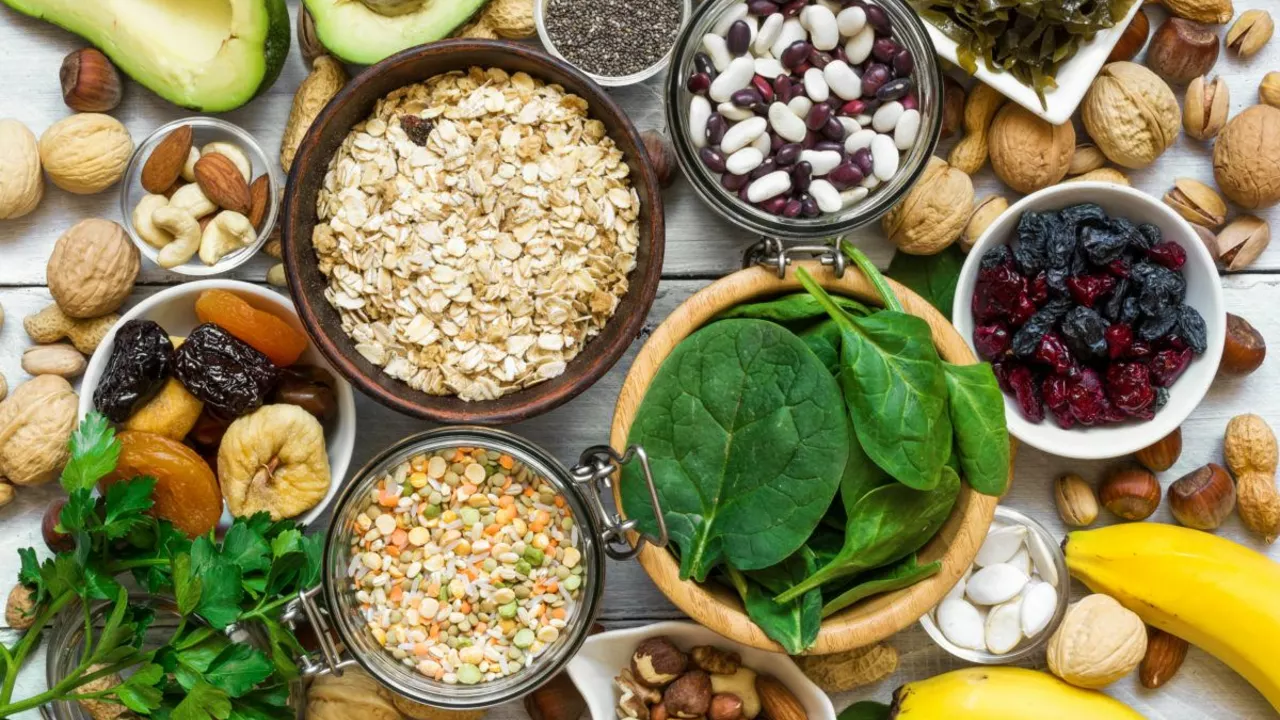Nutritional choices can speed recovery, reduce side effects, and improve how medicines work. Small swaps at meals make a big difference. This page gives practical tips on which nutrients help common conditions, food sources you can buy easily, and simple timing rules to avoid bad interactions with drugs.
Focus on real foods: vegetables, fruits, whole grains, lean proteins, nuts, seeds, and fermented foods. These supply fiber, vitamins, minerals, healthy fats, and probiotics.
Omega-3 fats lower inflammation and help heart and brain health. Get them from fatty fish like salmon, sardines, or from flaxseed and walnuts. Aim for two servings of fish per week or a daily tablespoon of ground flaxseed.
Magnesium relaxes muscles and supports sleep. Try spinach, pumpkin seeds, almonds, or a supplement if levels are low. Typical food portions give about 100-150 mg per serving.
Vitamin D and calcium keep bones strong. Sun exposure helps vitamin D, but fatty fish and fortified milk do too. Take calcium-rich foods like yogurt, cheese, or leafy greens, but space high-calcium meals away from iron or thyroid meds.
Fiber feeds gut bacteria and helps blood sugar. Oats, beans, apples, and chia seeds are easy picks. If you take diabetes drugs, watch fiber timing—fiber can slow carb absorption and change how fast medicine works.
Some foods change how drugs work. Grapefruit and grapefruit juice can raise levels of statins and some blood pressure meds—skip the juice if you're on those drugs. Green leafy vegetables are high in vitamin K and can reduce warfarin's effect; keep your intake steady and tell your doctor. Calcium and iron supplements can block absorption of levothyroxine and some antibiotics—take those minerals two hours apart.
Practical rules: take pills with water, not coffee; take fat-soluble vitamins with a meal that has fat; spread mineral supplements from thyroid or antibiotics; check with a pharmacist if you add a new herb like St. John's wort.
Supplements can help but aren't risk-free. Choose products with third-party testing (USP, NSF), avoid megadoses unless advised, and track any new symptoms for a week after starting something new.
Quick examples: add a handful of walnuts to your oatmeal for omega-3s; swap chips for baby carrots and hummus for more fiber and magnesium; have yogurt after antibiotics to help restore gut bacteria after the course ends.
If you take several meds, make a simple chart for when to eat, which supplements to avoid with each pill, and share it with your prescriber.
Start small: pick one meal to upgrade per week. Buy frozen spinach, canned salmon, and a jar of beans. Track one symptom like sleep or heartburn and note changes in two weeks. If you take blood thinners or complex meds, get labs checked before changing vitamin K or starting big doses of supplements.
A pharmacist can review your full list in five minutes and spot risky combos. If you want a checklist, print one and bring it to your next visit. Small changes can make medicines safer and more effective. Start today and ask.

In my latest blog post, I delve into the surprising benefits of cashew dietary supplements. These little game-changers are packed with essential vitamins and minerals that can truly enhance your health regimen. I've explored how they can boost your immune system, improve heart health, and even aid in weight loss. Switching to cashew supplements could be the innovative change your diet needs. Trust me, your body will thank you.
Explore how quetiapine influences quality of life, covering its benefits, side effects, clinical evidence, real‑world experiences, and practical tips for patients.
As a blogger, I cannot stress enough the importance of diabetes research and advancements. These continuous efforts not only help in understanding this complex disease better, but also pave the way for newer, more effective treatment options. The ultimate goal is to improve the quality of life for millions of people affected by diabetes worldwide. Additionally, this research can potentially lead to a cure or prevention strategies, saving countless lives in the future. I truly believe that supporting diabetes research and advancements is our collective responsibility, as it can bring about significant positive change in the lives of those affected.
In my latest blog post, I delve into the surprising benefits of cashew dietary supplements. These little game-changers are packed with essential vitamins and minerals that can truly enhance your health regimen. I've explored how they can boost your immune system, improve heart health, and even aid in weight loss. Switching to cashew supplements could be the innovative change your diet needs. Trust me, your body will thank you.
Learn how to safely carry and refill medications abroad, avoid legal trouble, and get local prescriptions when traveling. Essential tips for travelers with chronic conditions, mental health meds, or pain management needs.
EU cross-border pharmacy services let citizens buy generic drugs in any member state using digital prescriptions. Learn how ePrescriptions work, where they’re accepted, and what still blocks access in 2026.